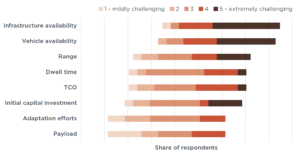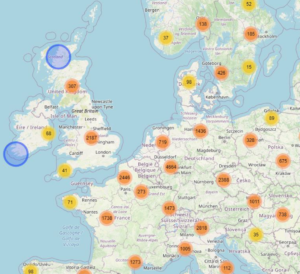The uneasy phase-out of diesel and the opportunity for a smarter transition to electric trucks

The decision to electrify is logical; almost inevitable. Yet saying goodbye to diesel is far from painless. Those who see the transition merely as adding electric trucks, while neglecting the phasing out of their diesel fleet, risk operational chaos: inefficiencies, reduced CO₂ savings, financial pressure, and a workforce left behind. First, there’s capacity. Halting diesel …









